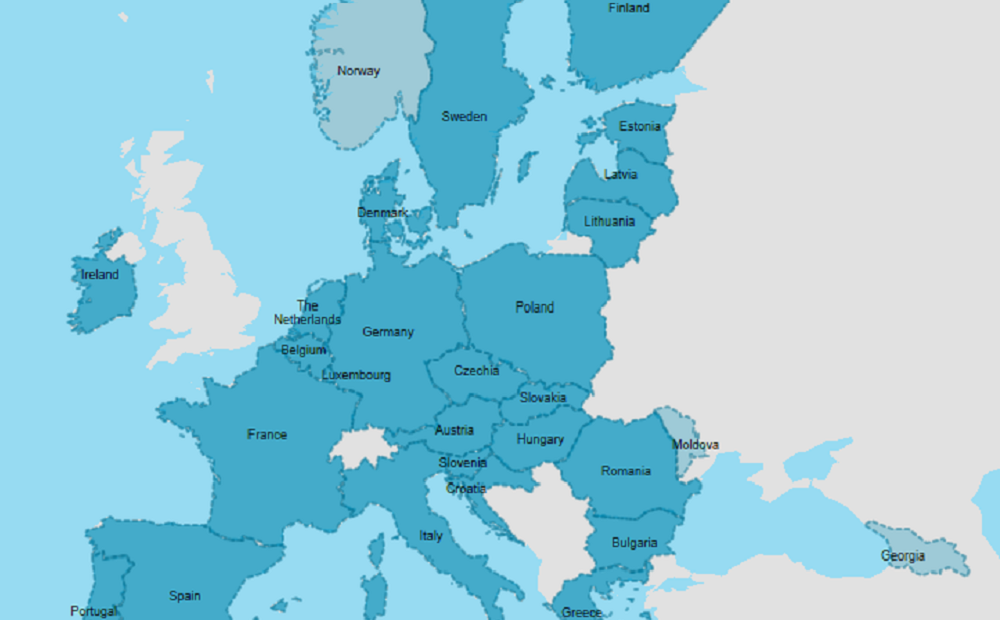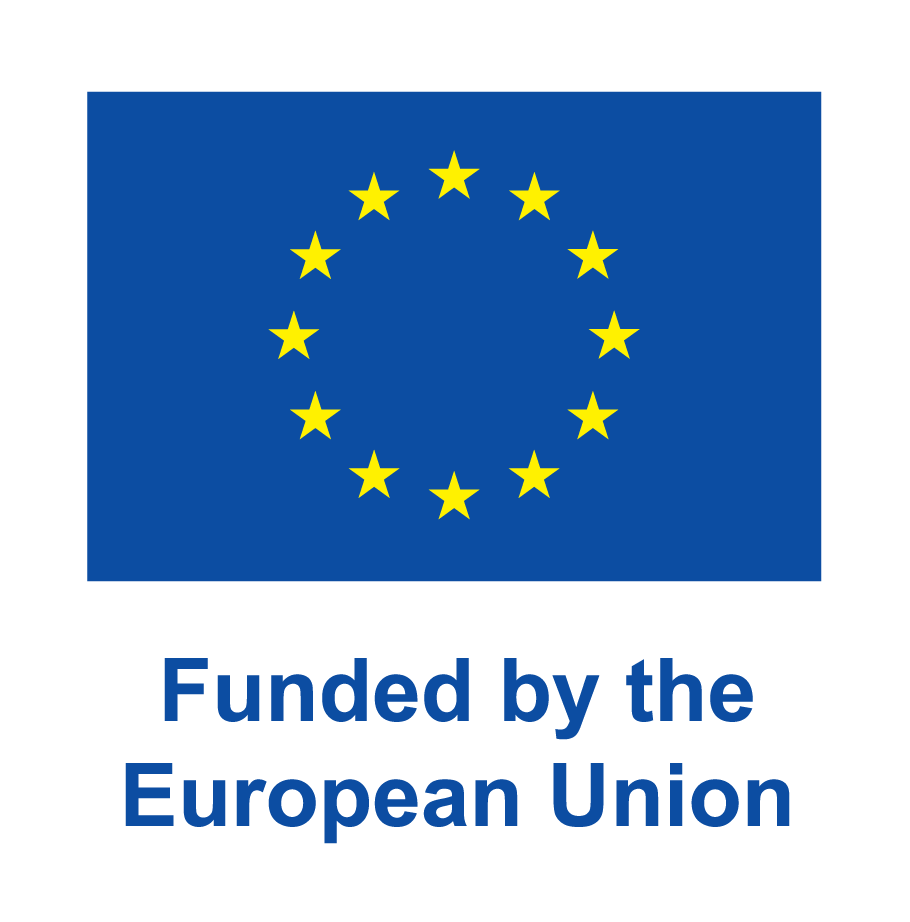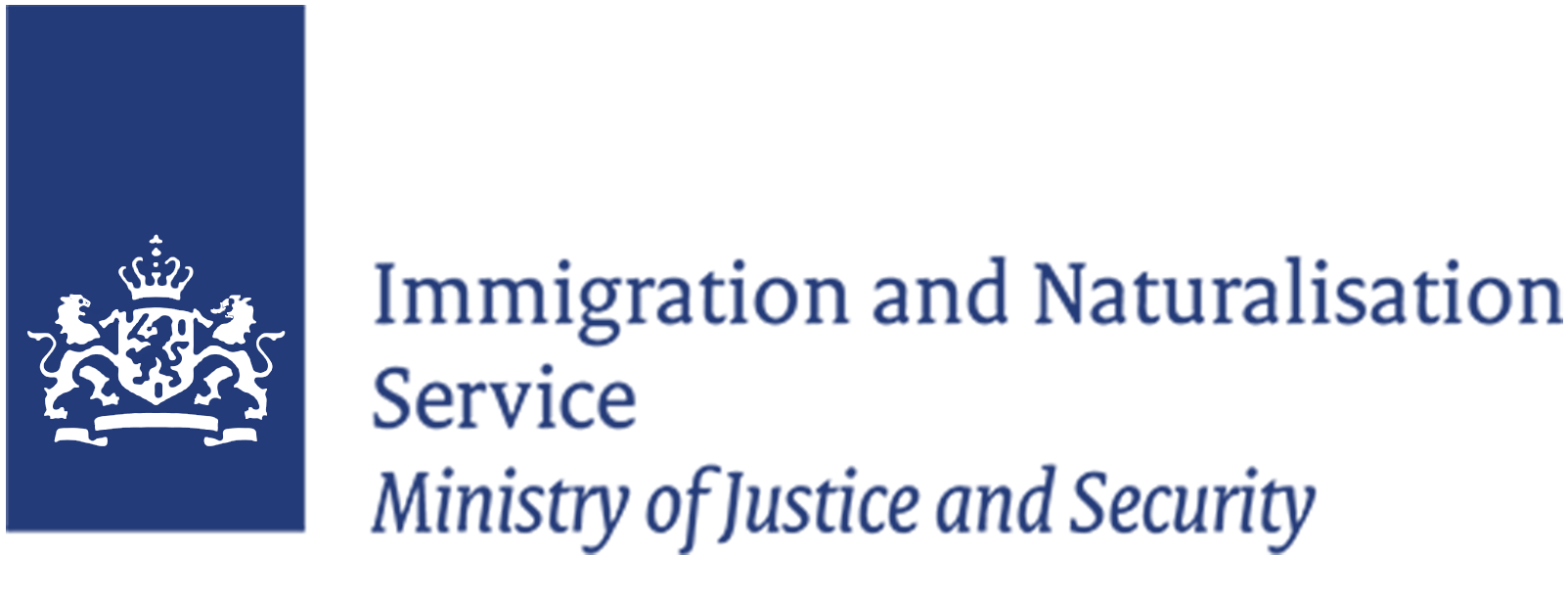Policies in the Netherlands on (alternatives to) immigration detention do not differ substantially from that of other EU Member States. Like other Member States, the Netherlands permits detention in return procedures and international protection procedures. For all Member States detention is a measure of last resort.
Benchmark: the Netherlands' approach to (alternatives to) immigration detention in line with other EU Member States
Alternatives to immigration detention
EU Member States are legally obliged to always consider alternatives to detention first. In doing so, Member States primarily consider:
- The principle of proportionality (the potentially adverse consequences of detention must not be disproportionate to the purpose of detention);
- The risk of absconding;
- The vulnerability of the person concerned;
- the suitability of the alternative in each individual situation.
Member States consider the main advantages of alternatives to detention to be the lower impact on the person and the lower costs. A challenge is that applying alternatives is not always feasible, depending on the personal situation of a migrant.
Alternatives to immigration detention
The five most common alternatives to immigration detention of EU Member States are:
- Reporting obligation (AT, BE, BG, CY, CZ, DE, EE, EL, ES, FI, FR, HR, HU, IE, IT, LT, LU, LV, MT, NL, PL, PT, SE, SI, SK)
- Obligation to stay at a designated place (AT, BE, CY, CZ, DE, EE, EL, ES, FI, FR, HR, HU, IE, IT, LT, LU, MT, NL, PL, SI)
- Withdrawal of documents, such as a passport or travel document (BG, CY, EE, EL, ES, FI, FR, HR, HU, IE, IT, LU, LV, MT, NL, PL, SE).
- Obligation to communicate the accommodation address to the authorities (CZ, EE, EL, FI, FR, HR, HU, IE, IT, LU, MT, PT, SE)
- Issuing a deposit (BG, CY, DE, FI, HR, HU, LU, NL) or release on bail (AT, BG, CY, CZ, EL, HU, IE, PL, SK)
The Netherlands also applies these alternatives, except for the obligation to provide the residence address to the authorities. In the Netherlands this is not an alternative to immigration detention, but a general obligation in migration procedures.
Less common alternatives in the EU are:
- electronic surveillance;
- transfer to a youth care provider;
- community management programs where migrants stay independently in a community under the supervision of a regular caseworker;
- return counselling as an alternative to detention (only in Belgium, Estonia). The Netherlands always accompanies migrants who have to leave the Netherlands, regardless of whether there is a ground for detention or not.
Statistics on (alternatives to) immigration detention are limited
Six Member States provided data on how often and/or for how long detention is applied in asylum procedures, including Dublin procedures (BG, EE, HR, LU, LV, SI). Seven Member States cited numbers on the use of detention in return procedures (BG, EE, FR, LU, LV, NL, SI). For the Netherlands, in 2015-2020 the numbers were 1,750 (2015), 2,140 (2016), 2,750 (2017), 2,990 (2018), 3,240 (2019) and 1,910 (2020) people in detention during return procedures*.
Figures on the use of alternatives are also very limited. For example, three Member States (LT, FI, PL) mentioned figures on applying the reporting obligation. The Netherlands provided data on staying in a designated place. In 2015-2020, respectively 450 (2015), 2,890 (2016), 1,410 (2017), 1,120 (2018), 990 (2019), 680 (2020) people stayed in a freedom restricting location in the Netherlands and twenty situations involved bail*.
Effectiveness of (alternatives to) immigration detention mostly unknown
Little data is available in the Member States on the effectiveness of detention and alternatives to detention. The Dutch Advisory Council on Migration (ACVZ) also concluded this in its advisory report 'Working together on return' (2021). Thus, there is little data on the impact on asylum and return procedures, cost-effectiveness and the extent to which fundamental rights of migrants are safeguarded. However, five Member States conducted a study or evaluation on the effectiveness of immigration detention compared to alternatives in asylum procedures (BG, HR, LV, LU, SI) and return procedures (BE, BG, LV, SI). This revealed that in the context of return procedures, detention is more likely to achieve successful mandatory departure .
Publication: benchmark EMN Netherlands
- Benchmark EMN Netherlands: 'Detention and alternatives to detention in international protection and return procedure | The situation in the Netherlands compared to other EU Member States', 14 July 2022
- EMN Study on immigration detention in the EU Member States and the research description: 'Study: Detention and alternatives to detention'
*National contribution for the Netherlands: Detention and Alternatives to detention in international protection and return procedures; Statistical Annex p74



